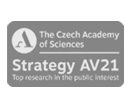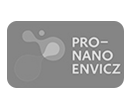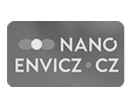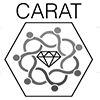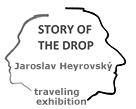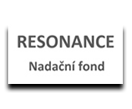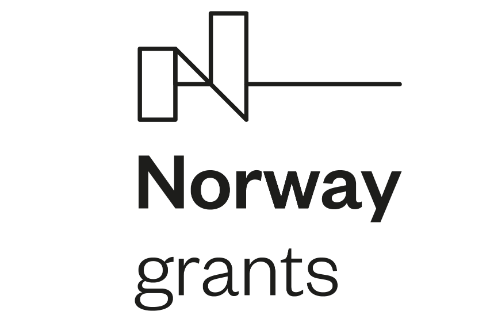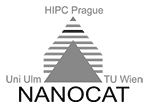In 2024, we are launching 4 projects that were supported in the Excellent Research Call
The Operational programme Johannes Amos Comenius supported excellent Czech research projects in the Top Research Call. Out of 74 applications submitted, the Ministry of Education, Sports and Youth selected 26 projects. Our Institute is the main coordinator of one project and participates in three other projects as a partner.
Our Institute will lead the Advanced Multiscale Materials for Key Enabling Technologies (AMULET for short) project, which focuses on advanced engineering of multiscale materials from subnanoscale design to integration into functional architectures. The aim is to develop progressive, materials with broad application potential, e.g. in electrical engineering, medicine or environmental technologies.
In the AMULET project we will cooperate with the Institute of Organic Chemistry and Biochemistry of the CAS, the Faculty of Science of Jan Evangelista Purkyně University in Ústí nad Labem, the Institute of Photonics and Electronics of the CAS, the Institute of Physics of the CAS, the Faculty of Mathematics and Physics and the Faculty of Science of Charles University, the Nuclear Physics Institute of the CAS and the University of Chemistry and Technology in Prague.
"Research in the field of nanomaterials is very broad nowadays. The AMULET project will allow us to connect a number of directions in this field, which may bring unexpected discoveries," said Martin Kalbáč, the project coordinator.
In three other projects, we are the co-investigator
The QUEENTEC project focuses on quantum engineering and nanotechnology, which represent a new and highly topical interdisciplinary field of physics and engineering. This field uses the latest and frontier methods of advanced electrical, electronic and information engineering and nanotechnology to achieve new practical applications together with the principles of quantum physics.
Our Institute is a partner in this project and our scientists will investigate the coherent dynamics of nuclear motion in molecules triggered by resonance formation, explore how these dynamics change upon complexation of the target system, prepare and characterize DNA origami nanostructures with quantum dots, and develop techniques for preparing, trapping and manipulating rotationally cold molecular ions.
The ENERGY CONVERSION AND STORAGE project focuses on a key challenge of today's society: environmentally acceptable energy security to support its future existence. The project addresses the issue of decarbonising the economy through the widespread and efficient use of renewable energy in energy, industry and transport. This will be enabled by comprehensive research and development in materials and chemical engineering, which underpin the processes of renewable energy conversion and storage.
The last project in which our Institute is a collaborating partner is the project SENSORS AND DETECTORS FOR THE INFORMATION SOCIETY OF THE FUTURE, whose main coordinator is the Institute of Physics of the CAS.










